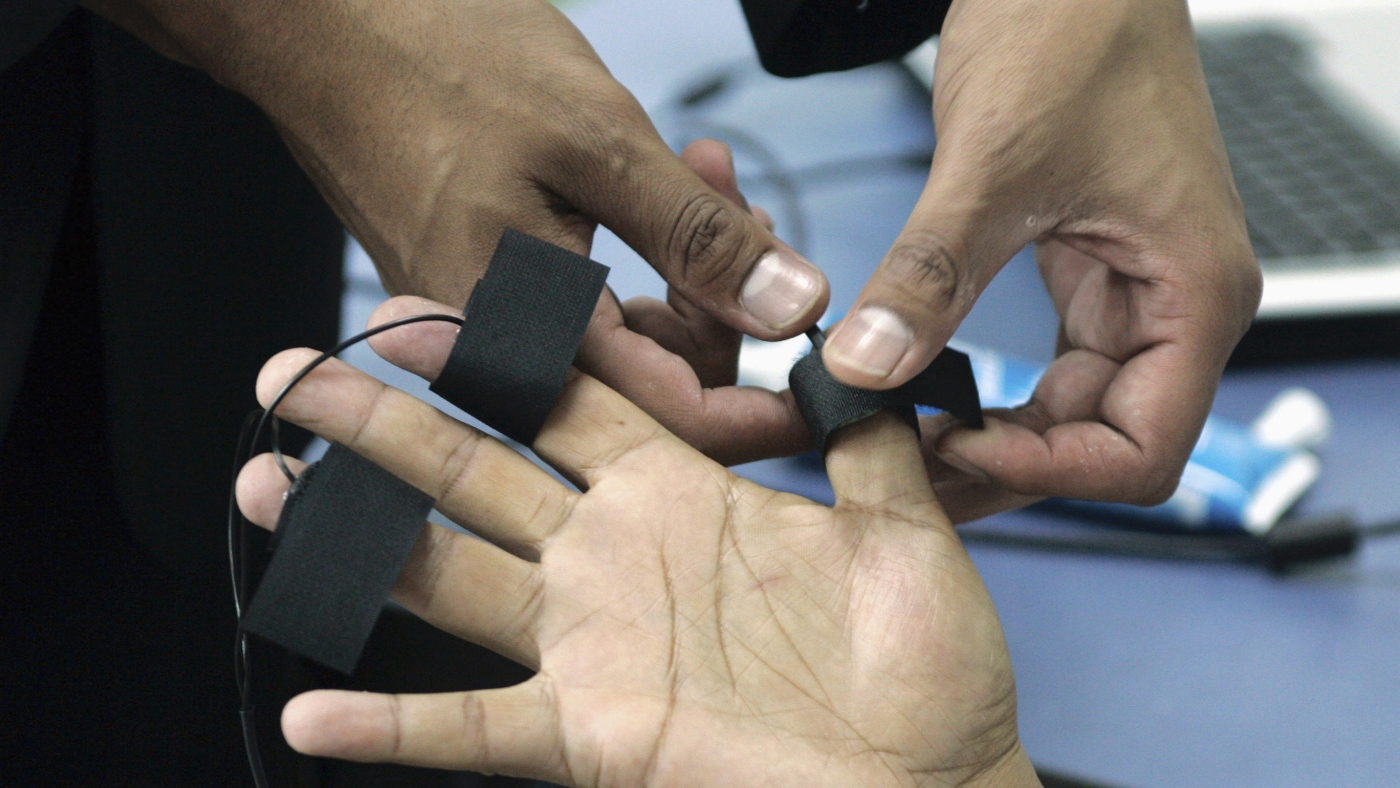“`markdown
The Rise of Polygraph Use in Federal Agencies: A Critical Examination
Introduction
The growing reliance on polygraph tests by federal agencies like the FBI and the Department of Homeland Security (DHS) has ignited a contentious debate. While proponents argue these “lie-detector” tests are essential for safeguarding national security, critics question their scientific validity and ethical ramifications. This report unpacks the motivations behind the trend, evaluates the efficacy of polygraphs, and explores their broader societal implications—weighing security needs against civil liberties.
—
Why Federal Agencies Are Turning to Polygraphs
1. Escalating National Security Threats
Recent leaks of classified information—ranging from immigration enforcement tactics to internal investigative details—have forced agencies to adopt stricter countermeasures. Polygraphs serve as both a deterrent and a diagnostic tool, aiming to identify individuals who may compromise sensitive operations.
2. The Psychology of Deterrence
Beyond detecting deception, polygraphs create psychological pressure. The mere prospect of undergoing a test can discourage potential leakers, reinforcing a culture of accountability. However, this approach risks fostering an environment of suspicion rather than trust.
3. High-Profile Leaks as a Catalyst
Incidents like the 2013 Edward Snowden disclosures have left agencies wary of insider threats. Polygraphs are now routinely administered to employees with security clearances, particularly in intelligence and law enforcement roles.
—
The Science Behind Polygraphs: How Reliable Are They?
1. How Polygraphs Work
Polygraphs measure physiological responses—heart rate, sweating, and breathing patterns—during questioning. The premise is that lying triggers stress-induced physiological changes. Yet, this assumption is fraught with limitations:
– False Positives: Innocent individuals may exhibit stress due to the test’s invasive nature.
– False Negatives: Skilled liars or psychopaths may bypass detection by controlling their reactions.
2. The Controversy Among Experts
– Supporters argue polygraphs are a useful screening tool when combined with other methods.
– Skeptics, including the National Academy of Sciences, highlight a lack of empirical evidence supporting their accuracy. Courts often exclude polygraph results due to unreliability.
3. Real-World Limitations
– Countermeasures: Subjects can manipulate results through techniques like controlled breathing or mental distractions.
– Cultural Bias: Responses may vary based on an individual’s background or familiarity with the test.
—
Ethical and Operational Consequences
1. Civil Liberties Under Scrutiny
Critics argue polygraphs infringe on privacy rights and may coerce employees into divulging unrelated personal information. The tests’ invasive nature raises Fourth Amendment concerns, particularly when administered without clear probable cause.
2. Workplace Morale and Trust
– Erosion of Trust: Employees may perceive polygraphs as a sign of institutional distrust, damaging morale.
– Chilling Effect on Whistleblowers: Legitimate whistleblowers might avoid reporting misconduct for fear of triggering an investigation.
3. Public Perception and Transparency
While some view polygraphs as a necessary evil, others see them as governmental overreach. Agencies must balance transparency about their use with the need to protect classified methodologies.
—
Toward a Balanced Solution
1. Complementary Investigative Methods
Polygraphs should not operate in isolation. Agencies can enhance accuracy by integrating:
– Digital Forensics: Tracking data access and communications.
– Behavioral Analysis: Identifying patterns of suspicious activity.
2. Policy Reforms for Accountability
– Standardized Protocols: Clear guidelines on test administration and subject rights.
– Independent Oversight: Review boards to prevent misuse and assess false-positive rates.
3. The Future of Polygraph Technology
Advances in AI and neuroscience may improve deception detection, but ethical frameworks must evolve in tandem. Agencies should invest in research while remaining cautious about over-reliance on unproven tools.
—
Conclusion: Striking the Right Balance
The debate over polygraphs encapsulates a broader tension between security and liberty. While these tests offer a pragmatic tool for leak prevention, their limitations demand humility in application. Federal agencies must navigate this terrain with a commitment to scientific rigor, ethical accountability, and respect for individual rights—ensuring that the pursuit of security does not come at the cost of fundamental freedoms. The path forward lies not in abandoning polygraphs outright, but in refining their use as part of a multifaceted, principled approach to national security.
“`











